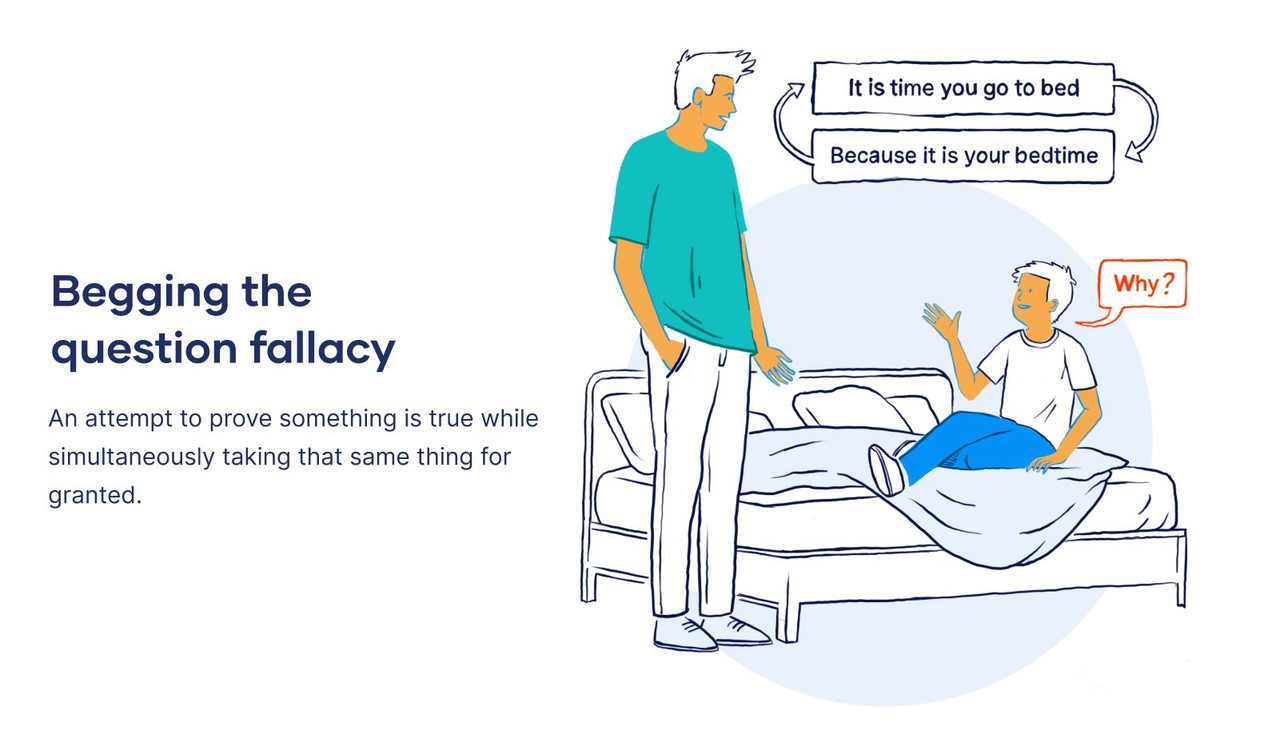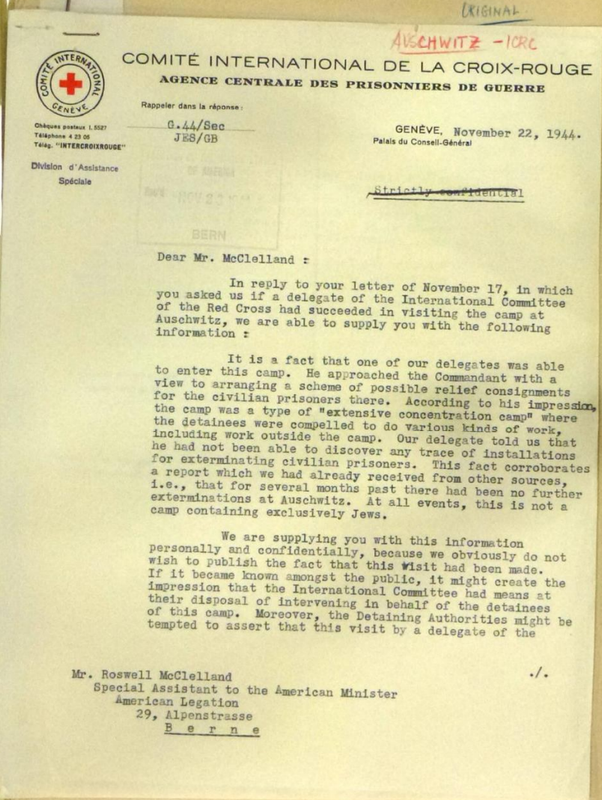Wahrheitssucher wrote: ↑Mon Jul 07, 2025 2:20 pm
SanityCheck wrote: ↑Mon Jul 07, 2025 11:07 am
Wahrheitssucher wrote: ↑Mon Jul 07, 2025 8:57 am
Wikipedia is OBVIOUSLY
NOT a credible source for anything concerning controversial or contested topics related to jews.
Grow up.
Wiki like any other web based encyclopedia gets linked because it's convenient and it also cites at least some sources.
…Forum discussions are going to be a mishmash of sources by their very nature, especially when replying quickly.
When someone is new to holocaust-revision discussions they will not be easily able to distinguish between credible explanations and/or credible source-material.
It takes a few years of reading and becoming familiar with the competing arguments to be able to form one’s own informed opinion.
And yet, you go on to say you've been at this for two decades....
My conclusion after about two decades of doing that is that, without exception, those who feel inclined to defend the official narrative in online debates are ONLY debating in order to give an impression to newbies and those who are inclined to let others think for them. Possibly also to each other. And the intended impression is that there IS an actual, credible defence against revisionist research and refutations.
This is an important point to consider if anyone wants to understand what is actually occurring here and what the motivations are behind the defender-discourse.
You're saying this on a forum with (checks) 128 members. Until the old forum was taken out in Michael Santomauro's attempted coup, it had 2000 registered members accumulated over two decades of activity, albeit most were inactive. It wasn't generally a place which tolerated criticisms of revisionism. The only other dedicated forum is RODOH, which has gone through several incarnations and which currently has 63 members, and is much less active than this one.
That understanding would explain why a University-employed academic would use a link to wikipedia as if it were a reliable source.
No, your understanding is entirely flawed. On an internet forum, Wikipedia and other online encyclopedias are good starting reference points, easily googled and quickly linked. Other posters were throwing facsimiled documents and other sources onto the collective pile, all of which would be grist to the mill for a discussion,
It is because he is NOT writing to convince those he is engaged in debate with. Instead he is writing for any undecideds or gullible true-believers who might read the discussion. THOSE are his intended audience. And it is expected that they will accept unquestioningly wikipedia as a credible source.
No, Wikipedia cites its secondary sources - with quite varying levels of quality between English, German etc Wikis, and inconsistencies between related (and hyperlinked) articles on the same theme. The citation of secondary sources and summarising of different views (where this is done) makes it a perfectly fine starting-point.
That would also explain why he resorted to one of the most popular and classic argument-fails: that of ad hominem. I.e. implying that pointing out Wikipedia’s infamous bias and unreliability on WW2 and controversial jewish topics, is something that only a child or juvenile would do. A peculiar response, but understandable if you realise the motivations at play.
No, that's your belief. There isn't some widespread notoriety around Wikipedia's accuracy on historical topics, except of course among those who badly need to delegitimise and dismiss consensus understanding. It ultimately wouldn't matter if someone cited Wikipedia, the USHMM/Yad Vashem online (unfootnoted) encyclopedias, other historical websites, the standard secondary literature or specialist works, all of these are suspect in your eyes. Whatever is cited will be attacked and dismissed, even when the web page has summarised its sources to a normal standard (i.e.: still liable to contain errors) of coherence.
Tertiary sources, which is what encyclopedias are, are quick introductions to a topic, but can contain a great deal of valuable material, especially when they cite sources. I realise that many do not know how to parse tertiary versus secondary versus primary sources since this is an issue which even university students in their final years can still misunderstand, but citing a quick reference is not a nefarious plot to pull the wool over anyone's eyes. It's citing a quick and readily available reference which in the case of Wikipedia can be followed up by looking up the secondary sources they cite.
That would also explain why almost everything else I wrote and the sources quoted was completely ignored. I.e. the intention isn’t to explore the topic together in order to increase our mutual understanding. The intention is to appear to be ‘winning’ the argument. That, I suggest, is what ALL the online holocaust-defenders are doing. It’s what Deborah Lipstadt is doing. They don’t want to fairly discuss the evidence.
No, that was because I had other things to do today, and will also be out for all of tomorrow, so neglecting to comment on every single 'point' made is not some nefarious plot.
The fact that you did go on to highlight a point made in the very Wiki page/section I linked to pretty much undermined the coherence of your attempt to poison the well of Wikipedia.
That would also explain why this particular paid shoah-promoter chose this particular topic to defend. I suggest it is because of all the currently ongoing topics, this one has unequivocal, contemporary, primary-source documentation: the Red Cross and its inspection of an alleged ‘extermination camp’ that appeared to them NOT to be that.
Documentation that consequently lends considerable support to the revisionist position. Therefore it was decided to jump in with a ‘defence’. One was required to be given, in order to keep any undecided or unsure fence-sitters under the spell.
LOL, dude, 128 members. Get over yourself.
SanityCheck wrote: ↑Mon Jul 07, 2025 11:07 am The end result is still the same: different organisations and observers producing contradictory conclusions with a whole variety of reasons why…
Pointing to the Red Cross's neutrality, as Hoggan and Harwood did decades ago, might convince
simpletons and those seeking to confirm
their biases and priors, but isn't going to fool anyone else.
This is bluster, presumably also aimed at the same audience: viz. any undecided lurkers and casual visitors. It isn’t an open-minded, objective, appraisal. Neither is it an open-ended, fair-minded and objective discussion of the actual evidence. It is what I referred to previously: viz. an argument from a fixed position, and one that continuously begs the question.
No, it was a quick reminder that Hoggan, Harwood and indeed other revisionists (Butz too) fell into a similar trap with the ICRC postwar reports, misrepresenting these publications.


